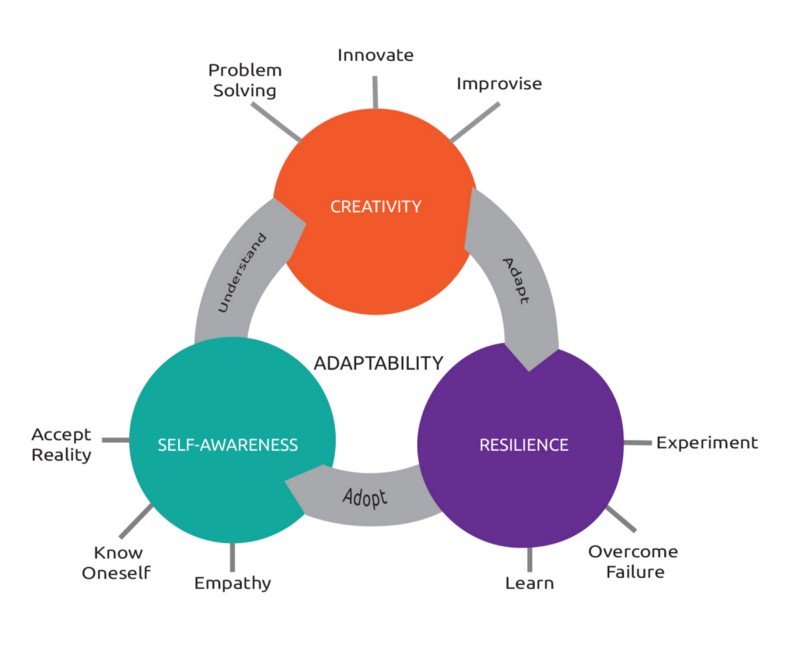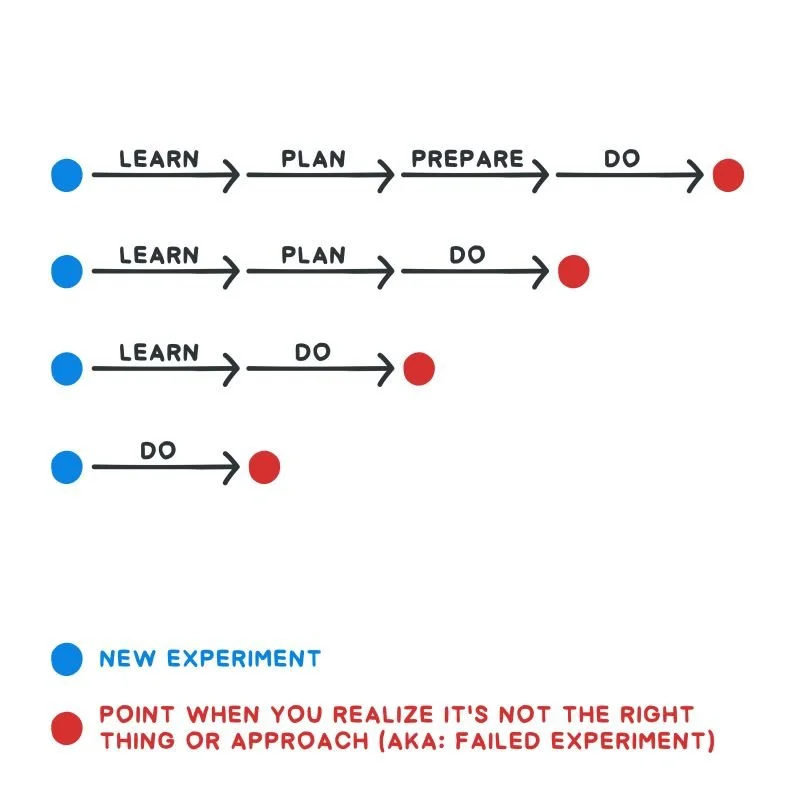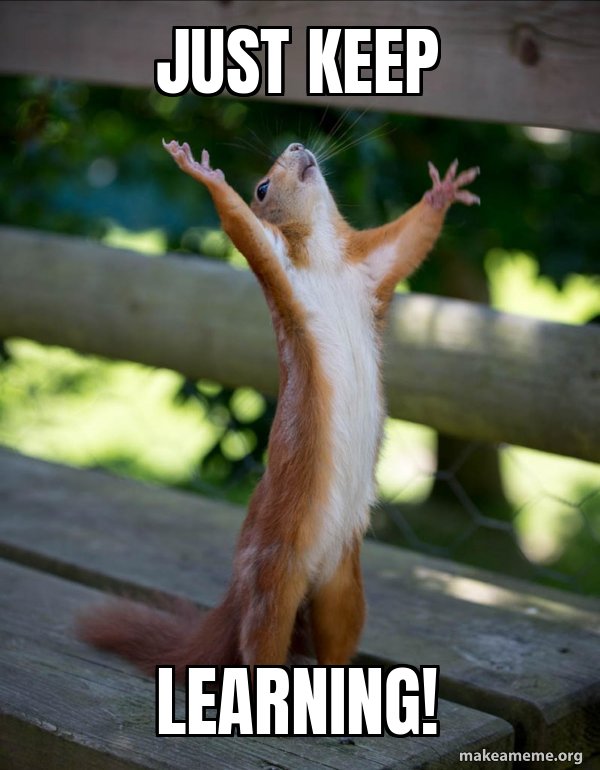Learning Nerd’s Diary #46
Welcome back Learning Nerds!
The Learning Nerds are now a community of 300 strong! Thank you for showing up every week :)
👀 Sneak peak
Here is what I have in store for you this week -
💭 Learning About Learning: Learning with Complexity & Chaos
🥜 Learning Nugget: Learning Moat
🧠 Learning Heuristics: No.09 Help learners recognise, diagnose their mistakes and rectify them
💥 Coolest Thing I Learnt This Week:
The Meta Skills Add-on
FunRetrospectives
Save Time by having Short Fail Cycles
🔦 Spotlight: Designing Deeper Learning Experiences
Let's jump right in!
💭 Learning with Complexity & Chaos
As learners and learning experience designers, we run away from complexity and chaos. We think it’s synonymous with not knowing something, but complexity & chaos can be a great lever for learning. Here are 3 ways -
Start with confusion, end with clarity
Starting a learning journey with some confusion is a great hook for learners to get engaged at the beginning and stay motivated throughout the journey.
Think of it like a quest to seek the right answer that gets revealed right at the end.
Here is how you can start with confusion:
Asking learners to compare and find the difference
Presenting a situation that defies logic/ past behaviour
Showcasing a real life situation
Increased complexity over time
Similar to games, in our learning experiences also we need to increase the complexity that a learner is exposed to over time. By starting with highly complex things - learners might get overwhelmed and drop off, but the training wheels need to come off with time!
Here is how you can increase complexity over time:
Starting with templates and over time giving learners ways to modify it and make it their own
A lateral one from the fitness world - starting by learning one movement and then gradually moving to compound movements
Increased dimensions of chaos over time
Interleaving is a process where students mix, multiple subjects or topics while they study in order to improve their learning.
So instead of practicing things like AABBCC they do it like ABCBAB.
This is additional to just complexity we spoke about - because it varies the complexity of multiple things you are learning over time.
Here is how you can increase complexity over time:
Building on the concept of progressive overload in fitness, you start varying not the complexity of movements but also the time you take and the number of repetitions in a movement
Increasing the complexity of problems in math over time but also adding another variable of time and trying to finish a certain number of problems in given time frame
What has been your experience with complexity & chaos in learning? Tell me in the comments below!
🥜 Learning Moat
Q: In the age of uncertainty, what is the moat for individuals and organisations?
A: Learning
🧠 #9 Help learners recognise, diagnose their mistakes and rectify them
Help users recognise, diagnose, and recover from errors → Help learners recognise, diagnose their mistakes and rectify them
Learning without feedback is incomplete. Our learning experiences often focus so much on content and so little on application that learners don’t know what they’ve done right and where they need to improve.
By allowing learners to understand their mistakes AND rectify them - we’re better able to support them in their learning.
Example:
Giving 1:1 feedback to a learner on what they did well and where the need to improve
Letting learners see what others have submitted so that they can benchmark their output with others
Sharing examples of what good and what bad looks like for learners to ass their output
💥 Coolest Thing I Learnt this Week
The Meta Skills Add-on
I’ve been doing a bit of reading on meta skills and came across this framework -
Since then, I’ve been questioning myself on how I can get my learners to develop some of these skills while learning other things. While meta skills can be taught on their own - they’re also great additions to have while they’re learning something else
FunRetrospectives
I came across this amazing resource on activities that we can use as energisers, reflections, to facilitate team bonding & so much more!
My favourite one so far? 3Ls: Liked, Learned, Lacked
Save time by having short fail cycles.
This holds true while we're learning too!
🔦 Spotlight
I spoke to the lovely folks at Obvious on what learning means for organisations! Here are some questions we cover in the interview:
What is the role of a learning organisation today?
How can organisations create supportive learning environments?
Is passing knowledge from the top-down i.e. from leaders to colleagues, or experts to novices, the best way to learn?
How might organisations build a shared vision specifically for learning?
Love & Learning
Until we meet next week!
You can get this directly in your inbox!







